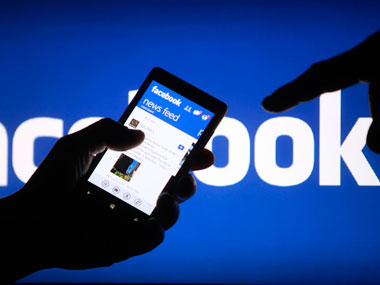In one of the largest acquisitions in the tech space, Facebook has announced that it will buy fast-growing mobile-messaging startup WhatsApp for $19 billion in cash and stock.
But is it a good deal for Facebook?
Here’s what analysts are saying:
London-based mobile analyst Benedict Evans says the deal shows the continued determination of Facebook to be the ’next’ Facebook. “It’s striking to compare the aggressive reaction to disruption shown by Google, Facebook and other leading web companies today with how some of their predecessors a decade ago stumbled and lost their way,” writes Evans on his blog.
[caption id=“attachment_52606” align=“alignleft” width=“380”]  Reuters[/caption]
Facebook paid first 1% of its market value for Instagram and now close to 10% for WhatsApp. Was Facebook’s decision to pay this large sum to WhatsApp correct? Evans notes: “The deal values WhatsApp users at $35 each (very close to what Google paid for YouTube, incidentally), but the current market cap of Facebook values its MAUs at $140 or so.”
According to another analyst Facebook’s staggering $16 billion acquisition of WhatsApp is a sign of sheer “desperation”. “This is crazy money. I think they massively overpaid for this, they’ve done it because they are desperate,” Rob Enderle, principal analyst at Enderle Group told CNBC on Thursday.
Enderle argues that the social networking giant has overpaid for the mobile-messaging start-up.
Robert Pavlik, chief market strategist at Banyan Partners, however, sees real potential for Facebook to succeed with this deal. “You are probably going to see people question the deal, and put pressure on Facebook shares but the fact of the matter is Facebook is really trying and succeeding in some regard to monetizing their business. This is another step in that direction,” he said.
Greg Sterling, an analyst at Opus Research says it is risk for Facebook because in social media things change every year and there may be a better app in the future, reports Telegraph. “Next year we might have another app with extremely rapid growth. I think [the high price tag] comes from the frustration of not being able to buy Snapchat, and then there is the youth factor. Facebook really needs to have vehicles to attract younger users, and Instagram is not going to do that by itself. [Facebook] is becoming a kind of holding company for different social media properties that appeal to different groups,” he says.
Prof Will Stewart of the Institution of Engineering and Technology is also of a similar opinion. “All app types rise and fade, so established social media formats like Facebook will be overtaken by something new, and picking up candidates that might have ultimately replaced them may be a good survival strategy for a while. This does show the growing significance of mobile, though of course Facebook is on mobile anyway. But, Facebook has been around a while now so the real question is what comes next?”
Like most large acquisitions, the final verdict on this transaction will be determined in the future and depend on strategy and execution over time, wrote Mark May, analyst at Citi in a note.
“The experience of other similar messaging apps like WeChat, Kakaotalk and LINE suggest significant revenue opportunities in areas like games, stamps/stickers and payments/m-commerce,” he said.


)
)
)
)
)
)
)
)
)



